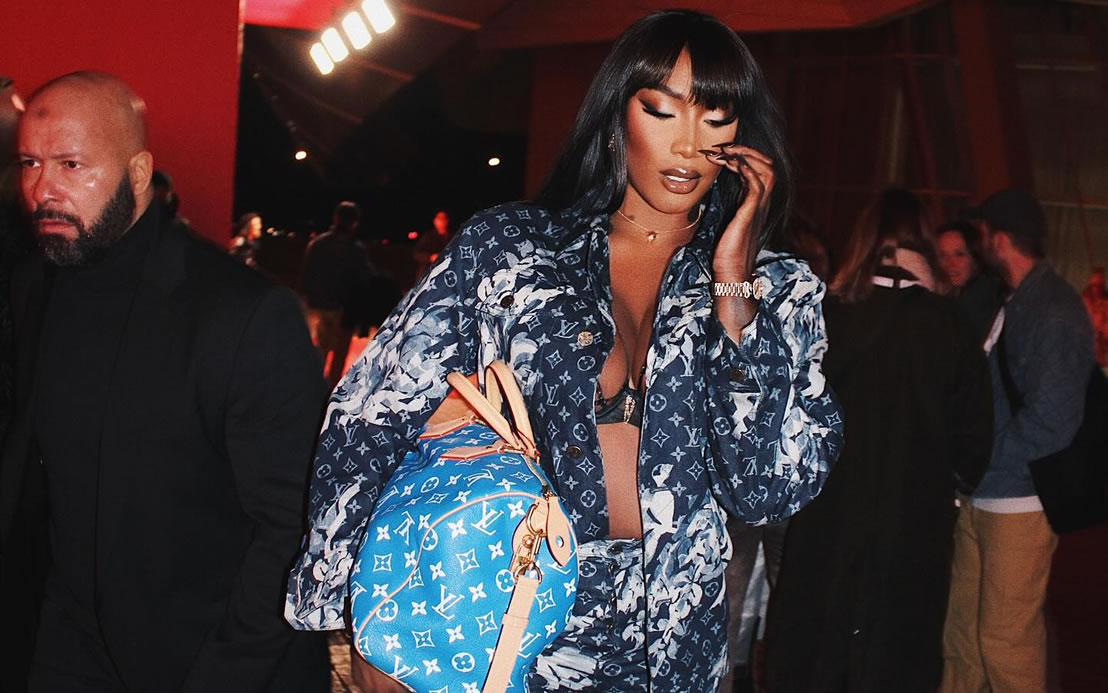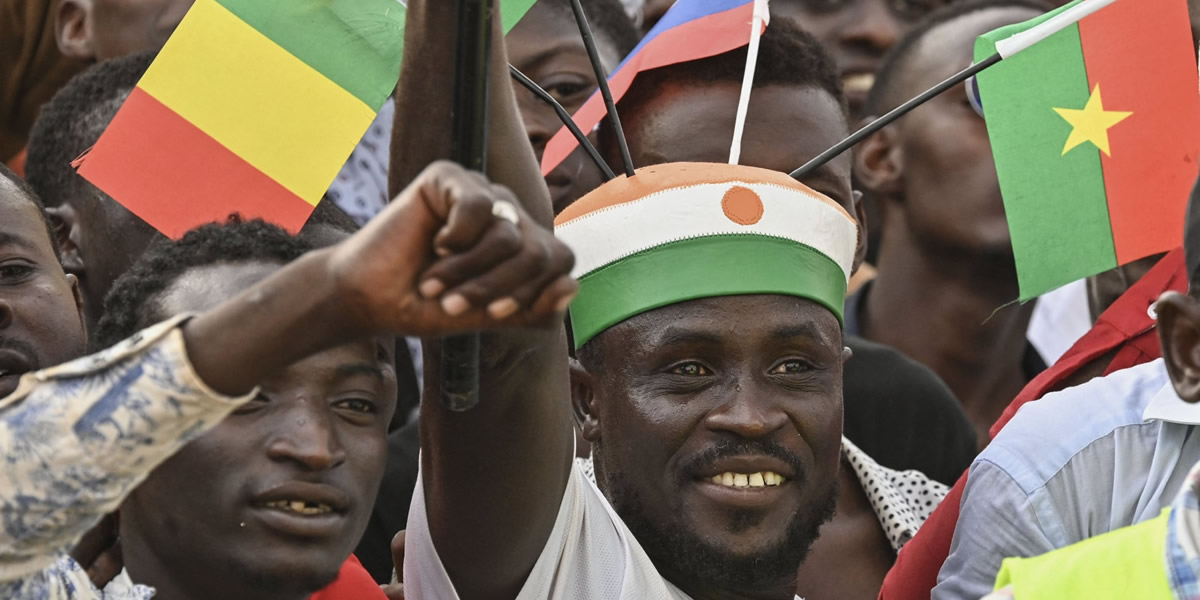The Aya Nakamura controversy isn't an isolated incident. It echoes a familiar pattern in France – talented individuals of immigrant origin being targeted based on their skin color. This recalls the attacks on the diverse "Black, Blanc, Beur" French football team who won the 1998 World Cup.
Lilian Thuram, a retired star from that team and outspoken anti-racism activist, defended Nakamura. "When they say she doesn't represent France, I know the criteria they use," he said, likening the attacks to his own experiences.
The question, Thuram insists, isn't whether Nakamura *deserves* to perform, but whether the *most successful* French artist worldwide should. "Like it or not, she's the best, that's why she should be there."
Aya Nakamura: Mislabeled and Misunderstood
Thuram also points out how Nakamura is often wrongly labeled as a rapper, a bias he attributes to race and class prejudice.
The far right frequently echoes this disdain towards rap, which for decades has been a powerful voice of social critique for France's immigrant communities. Zemmour has famously made hateful remarks about rap as a "subculture for illiterates" seeking to destroy the French language.
Are such criticisms valid?
Aya Nakamura: Enriching the French Language
Nakamura's music blends R&B, Afrobeat, and Caribbean Zouk, and her lyrics draw on French slang, English, Arabic, and Bambara (her parents' Malian language). This cosmopolitan mix reflects her background – a child of griots, Malian poet-musicians.
"She brings vitality to the French language," says Bettina Ghio. "Ignoring her is like considering French a dead language."















